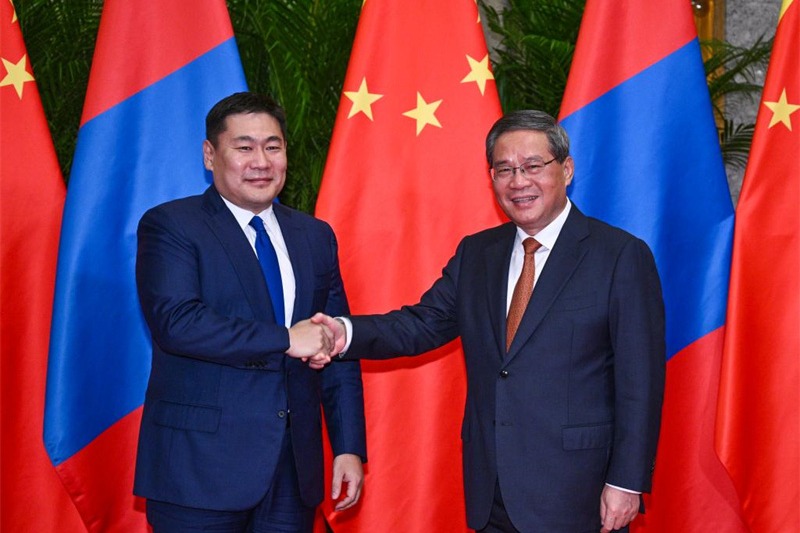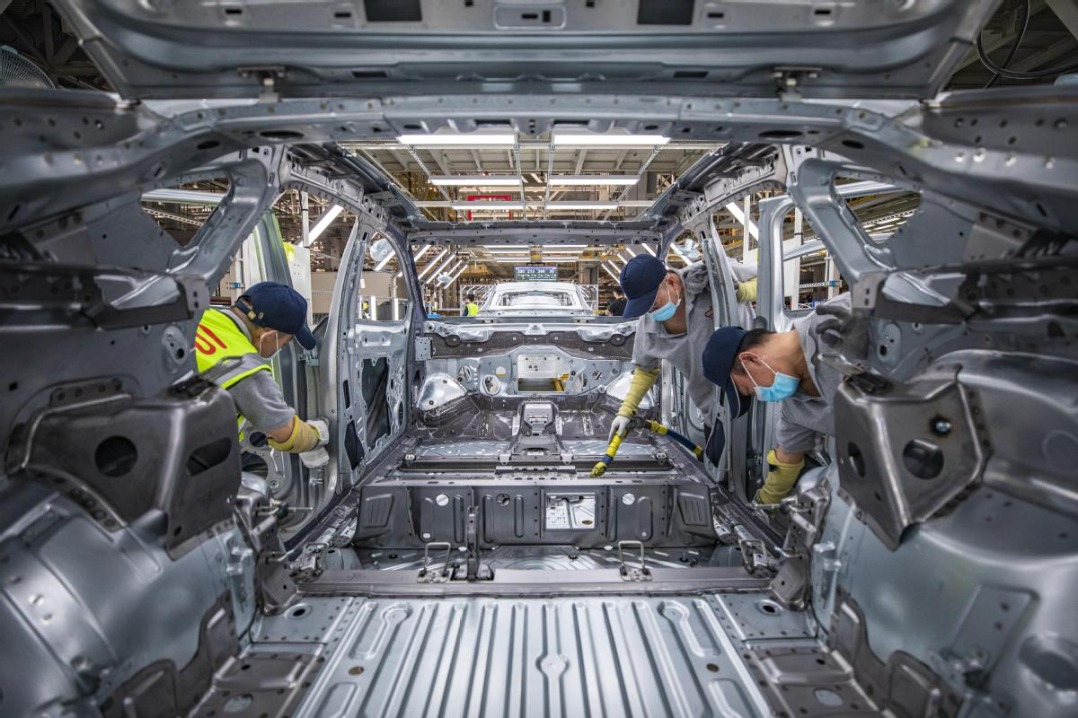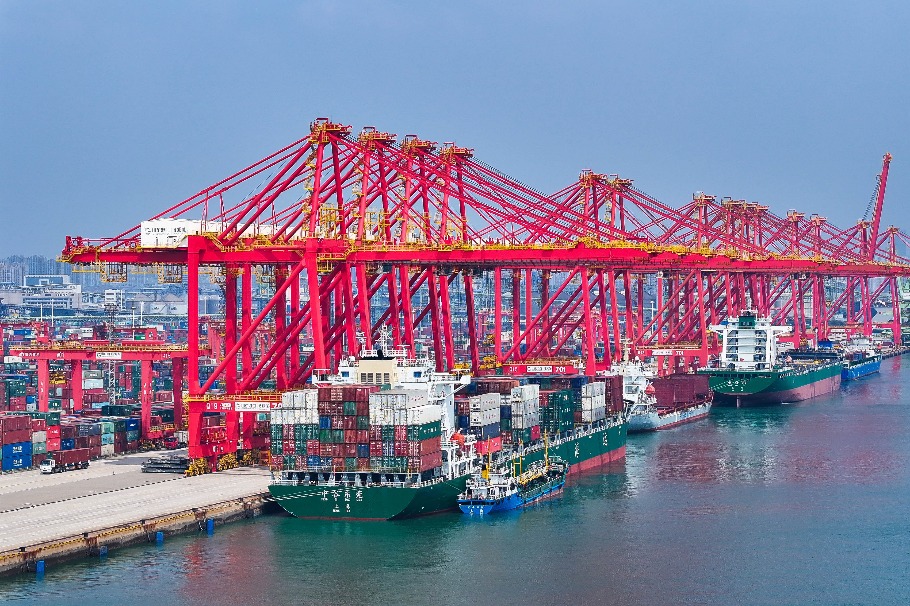Shanghai's Pudong New Area to further open doors for foreign firms


Continued opening-up in Pudong New Area of Shanghai will help to provide more business opportunities to multinational companies, said officials and companies' top executives.
They made the comments during a meeting on Wednesday, which was part of the ongoing 7th Hongqiao International Economic Forum.
Zhu Zhisong, Party secretary of Pudong New Area, said at the meeting that Pudong will further promote institutional opening-up and better align with the international high-standard economic and trade rules. The flow of capital, technology, goods, talents, data should be smoother in the area.
More efficient and accurate services will be provided to foreign-funded enterprises so that they can be more deeply rooted in China. Domestic enterprises will also be better facilitated with their outbound reaches, said Zhu.
Pudong will better connect technologies, industries and the financial sector. Companies along the industrial chain will be better connected. Enterprises of different sizes will coordinate their development pace, he added.
Wu Jincheng, head of Pudong New Area, said that business opportunities can be further discovered among high-end manufacturing, finance, information services, leisure and entertainment, and cultural creativity industries in the area.
In addition, Pudong will be committed to building a world-class industrial cluster. With 32 characteristic industrial parks in the area, companies specializing in integrated circuits, biomedicine, artificial intelligence, domestically produced commercial aircraft, intelligent networked vehicles and large cruise ships can seek substantial development in Pudong, said Wu.
A complete chain of industrial services has already been built in Pudong. This includes 14 major scientific and technological infrastructure facilities, more than 30 laboratories, 103 open innovation centers set up by large enterprises, 276 foreign-funded R&D centers, and nearly 5,000 high-tech enterprises, he said.
The combined value of Pudong-based private equity and venture capital funds exceeds 910 billion yuan ($127 billion), he added.
At the meeting on Wednesday, Marc Horn, president of Merck China, lauded China's innovation-driven development strategy in the pharma-related industries, particularly in the biomedical sector. Therefore, Horn expressed hopes of leveraging the advantages of China's latest policy environment to further expand the service network and partner network in Shanghai and across China.
Jasmine Xu, CEO for consumer goods company P&G for Greater China, said that the Shanghai government encourages innovation in consumption models and continuously improves the consumption environment. Pudong boasts the advantages of taking the initiative to pioneer and try out new policies. These institutional opening-up measures and explorations provide space and opportunities for P&G to innovate and take the lead in the industry.
Bai Binyi, executive vice-president for the Business Group Electronics China at international auto parts provider FORVIA HELLA, said that Pudong serves as the center of technology innovation in Shanghai. The pioneering new policies and an open development environment in Pudong has provided FORVIA HELLA with comprehensive support in terms of policies, technologies, talent, and market access.
This has established a strong foundation for the company's innovation and market expansion efforts in the field of intelligent mobility, he added.




































